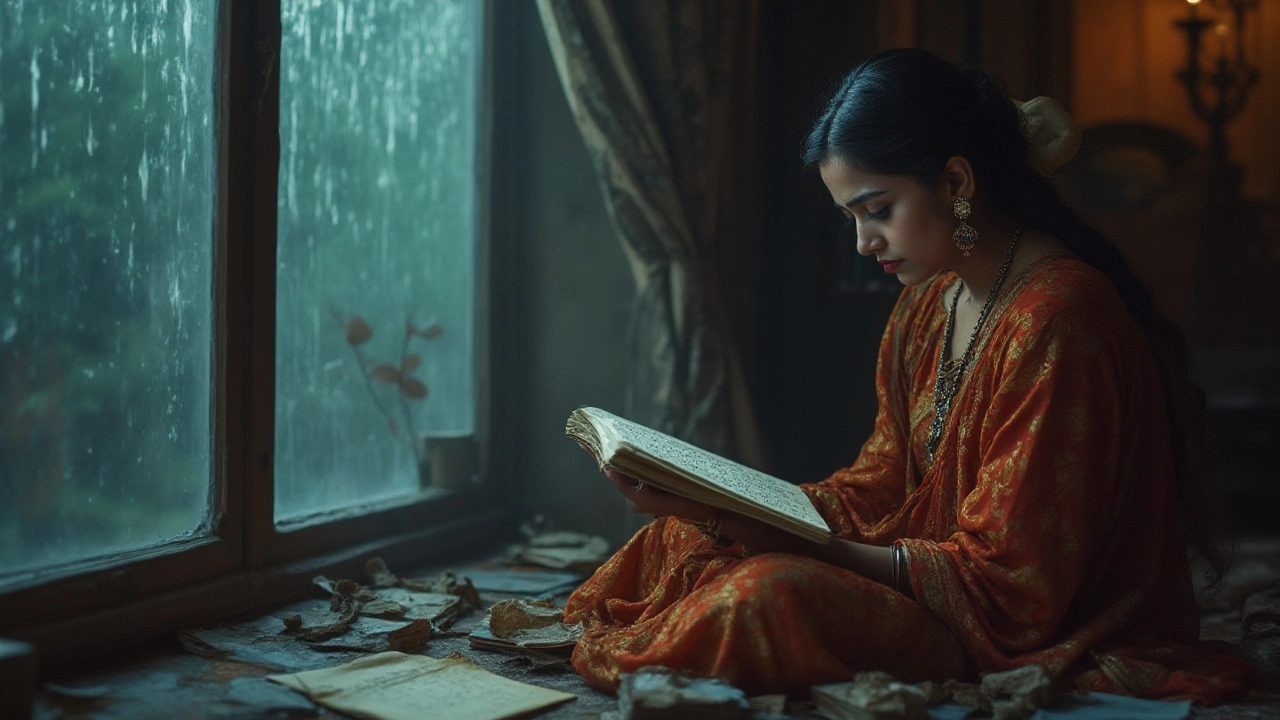Melancholy Poetry: Indian Verse That Touches the Soul
When you explore melancholy poetry, the solemn side of Indian verse that captures sorrow, longing, and quiet introspection, you step into a world where feelings are laid bare. Also called sad poetry, it often overlaps with elegy, a tribute to loss, and with mournful poems that explore grief and healing. Melancholy poetry encompasses these forms, turning personal pain into universal art.
Why the Mood Matters: Connections and Uses
Melancholy poetry requires emotional awareness; readers who can sit with discomfort often discover deeper insight. The genre influences literary therapy, because expressing sorrow on paper can ease real‑world stress. Indian cultural context shapes this mood – festivals like Sharad Purnima and stories of exiled lovers give the verses a distinct flavor. At the same time, the elegy tradition brings structure: a clear subject, a reflective tone, and a sense of closure. When you read an elegy, you get a semantic triple: elegy → honors → the departed. Similarly, mournful poems bridge personal loss and collective memory. These links help the reader see how melancholy poetry connects individual feeling to broader cultural narratives.
Practically, writing melancholy poetry calls for a few tools: a quiet space, a notebook, and a willingness to dig into memories. Many poets start with a single image – a wilted flower, a rainy street – and let that image guide the whole piece. This method mirrors the “one‑line quote” approach found in our other posts, where simplicity fuels depth. By focusing on concrete details, the poem stays grounded while the emotions rise. The result is a piece that feels both personal and relatable, a hallmark of strong Indian verse.
Below you’ll find a hand‑picked selection of articles that dive deeper into these ideas. From explanations of mournful poem forms to tips on using melancholy poetry for self‑reflection, the collection gives you both theory and actionable steps. Keep reading to see how the themes we just discussed play out across different pieces, and discover new ways to engage with this powerful literary tradition.

What Do You Call a Person Who Loves Sad Poetry? Meaning, Terms & Psychology
Ever wondered what to call someone who's hooked on sad poetry? Learn the best names, hidden reasons, and what it means to adore the sorrowful side of poetry.
Read more